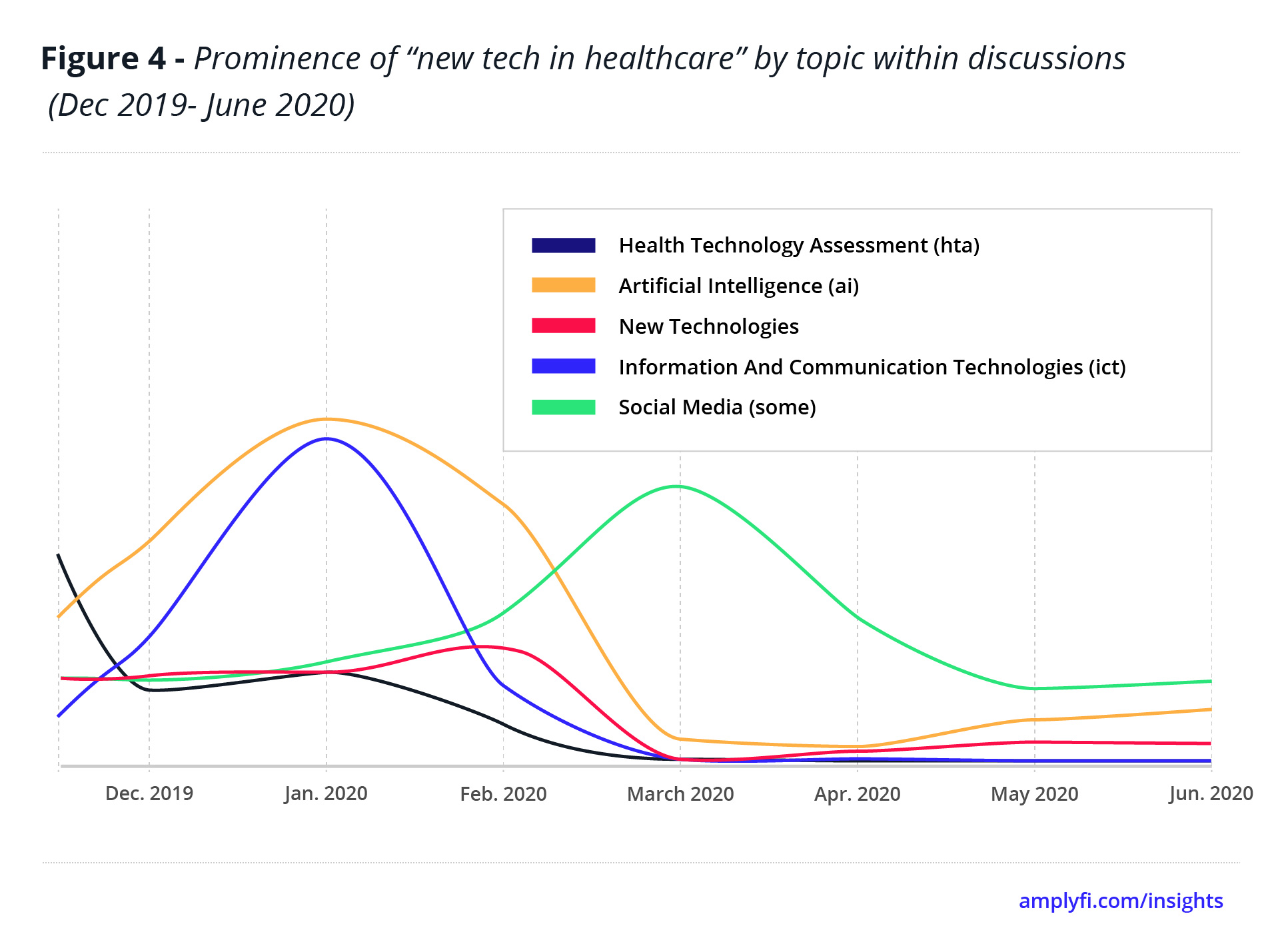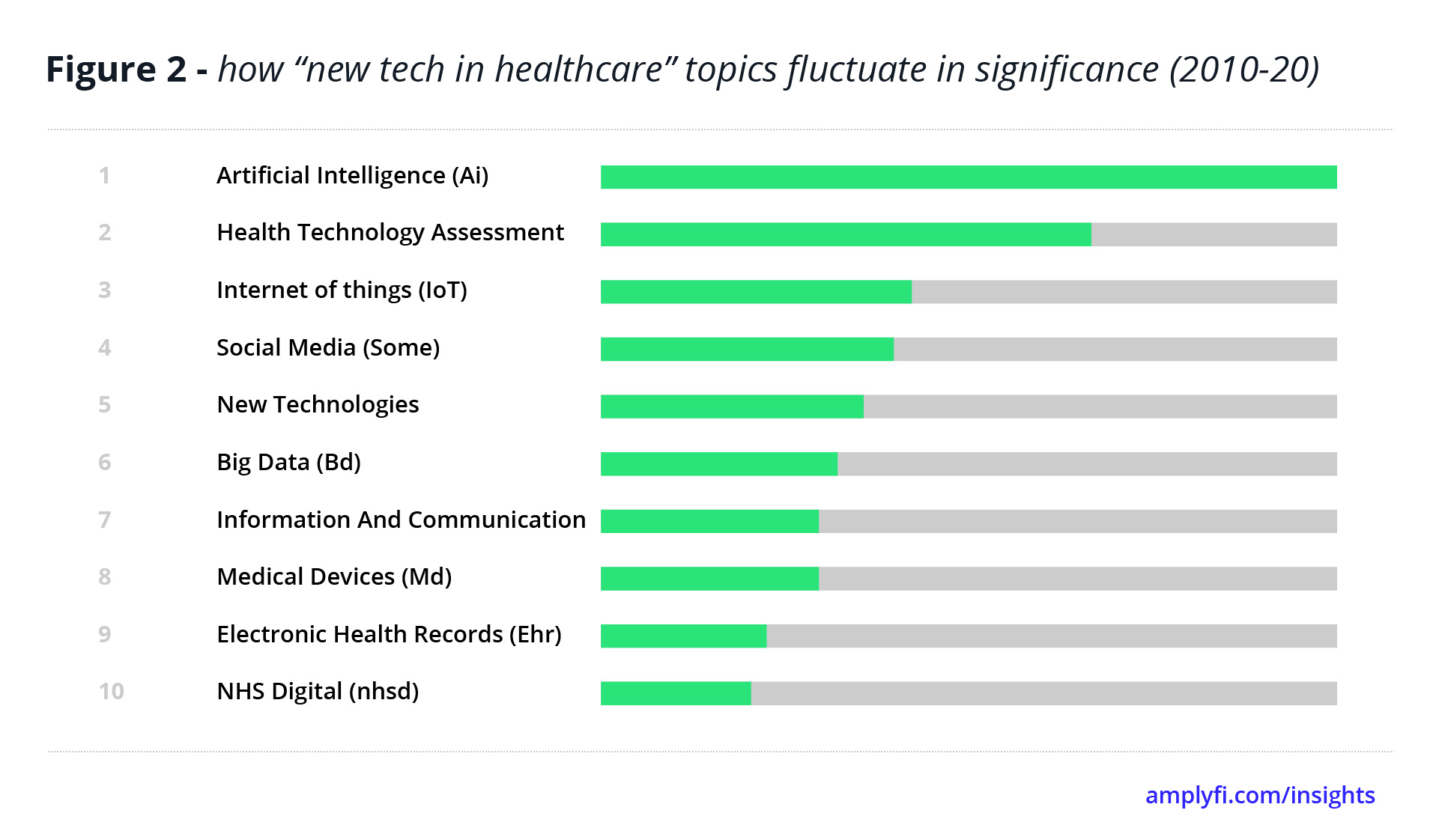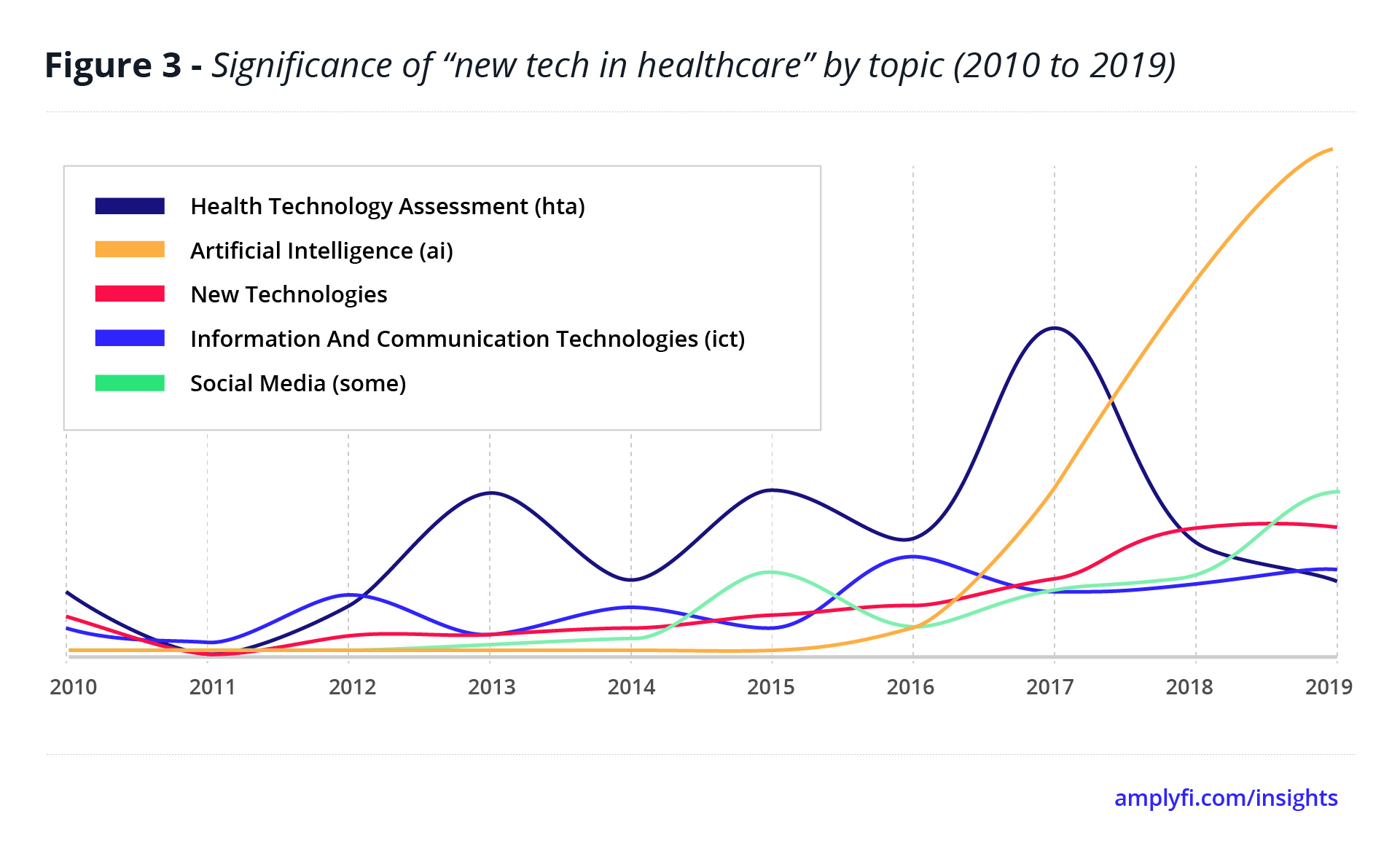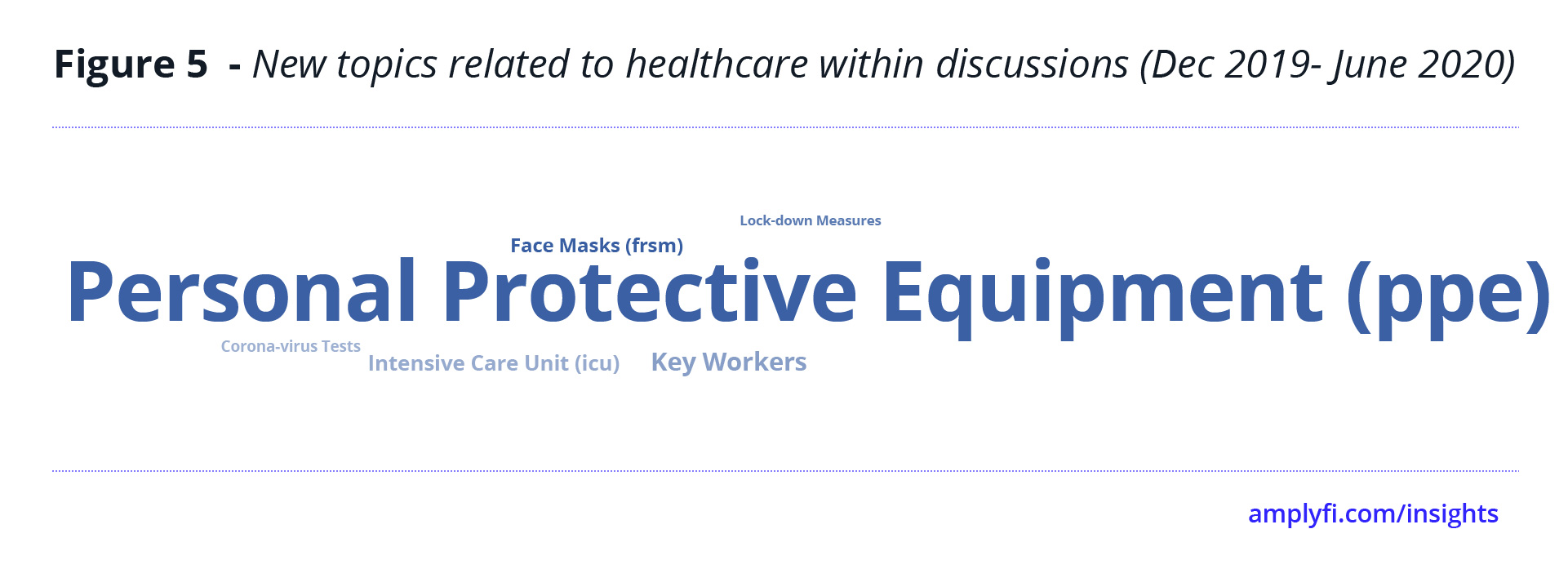
By Olivia Brown
The COVID-19 pandemic has caused a huge transformation in all areas of society. It is unclear whether things that were once familiar will return to a pre-COVID-19 form. One of these things is the UK’s healthcare system. A recent article by The Institute of Cancer Research said that around 2.5 million cancer tests or treatments have been missed because of COVID-19. Likewise, the infection control measures in place have caused the health service to only operate at 60% capacity, health experts say a waiting list of 10 million people by Christmas is likely. Backed-up surgeries, treatments and appointments raises the question of how the healthcare system will be able to re-stabilise and restore 100% capacity. Over the COVID-19 period, Royal College of General Practitioners reported more online assessments were carried out leading the proportion of face-to-face GP appointments to drop from 70% to 23%, leading the question of whether technologies will play a crucial role in re-stabilising the NHS. This insight report looks into the trends within new technologies and UK healthcare over the past decade.
Using AMPLYFI’s AI-driven research platform, an analysis was carried out to establish the relationship between UK healthcare and new tech. An analysis of thousands of open-source documents was produced, including documents from academic journals, news reports, institution press releases, policy and governmental reports. AMPLYFI’s platform can impartially quantify the significance of different topics and themes and also assess their contribution to changes in topic trends.
Using our platform, Figure 1 was produced to demonstrate the most significant topics within new tech and healthcare between 2010 and 2020. The font size of each topic indicates its level of significance, Health Technology Assessment, Artificial Intelligence, Social Media, Internet of Things and Electronic Health Records showed up the most frequently over the last decade.
AMPLYFI’s platform can also provide an assessment of how a topic’s significance fluctuates over time. Although the discussion of new tech’s ability to transform the healthcare system isn’t new, between 2010 and 2015 the significance of new tech in healthcare was significantly lower. Figure 2 shows how new technologies, such as Artificial Intelligence and the Internet of Things have exploded within the healthcare industry. Our tool is also able to pick out the most significant individuals within topics and also what type of documents make up the corpus. For instance, between 2010 and 2015 a higher proportion of documents consisted of academic papers interested in complex questions of ethics, cost-effectiveness, trials and interventions.
Generally, there has been a steady growth in the significance of new technologies and healthcare as figure 3 shows. The topic ‘Health Technology Assessment’ has an interesting peak in 2017. This is due to Google DeepMind and the Royal Free London NHS Foundation Trust debating the NHS’ use of Google’s DeepMind platform for detecting health risks by analysing mobile app data and medical images collected from NHS patients. Since 2015, there also has been a change in the type of individuals identified as most significant. While there has been an increase in academic interest in the area, more political discussions have occurred too, meaning political heavyweights begin to be more heavily recognised. Since 2015, Jeremy Hunt, Matt Hancock and Theresa May have shot up in significance. As well as individuals such as Simon Stevens, a British health manager and public policy analyst and Mark Walport, the chief executive of UK Research and Innovation. Supporting the theme that new tech has been discussed in more practicable terms since 2015, the British parliament also pledged £250 million for NHS artificial intelligence.
As COVID-19 became an undeniable threat and the UK went into full lockdown in March, our analysis picked up, on a monthly basis, that the significance of ‘Social Media’ peaked, as seen in Figure 4. This is likely due to Public Health England, Wales and Scotland’s usage of social media for public communication of lockdown rules and healthcare service changes alongside more discussion of healthcare within the public domain.

Focusing on the period of time since the beginning of the pandemic it is evident that the change in the significance of new tech has occurred simultaneously with the rise of new topics entwined with healthcare. These topics are directly related to the pandemic, i.e. ‘Personal-Protective Equipment’, ‘Intensive Care Units’ (ICU), ‘Lockdown Measures’ and ‘Coronavirus testing’. Figure 5 shows the current prominence of these topics within the discussion of healthcare. It is uncertain how long this trend will continue due to the lack of documentation and experience of pandemics in modern society. PPE shortages have been a well-discussed area of debate as well as coronavirus testing capacity. The significance of ICU is a little more complicated than other topics in Figure 5. The ICU topic is driven by documents reporting on capacity pressures and shortages throughout the COVID-19 pandemic as well as wide coverage on Boris Johnson’s time in ICU while he battled coronavirus earlier this year.
New tech is now playing a more crucial role than ever in healthcare. The impact of COVID-19 on the healthcare system is unknown however it’s highly likely that the rapid uptake of new tech within this period will have a domino effect on the systems overall usage moving forward. Outpatient care, routine screening, long-term condition care and GP services over the past few months have become digital. Remote diagnostic hubs in care homes have become a lifeline as new technologies have served a crucial function of continuing care to vulnerable groups safely. In order to create a safe, convenient and accessible patient experience throughout the pandemic the NHS has had to take steps forward with new tech. In many ways, COVID-19 has been a catalyst for change within the healthcare system, which could result in a more efficient and modern approach to care.












